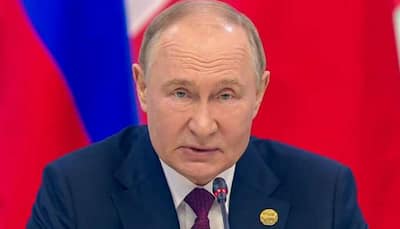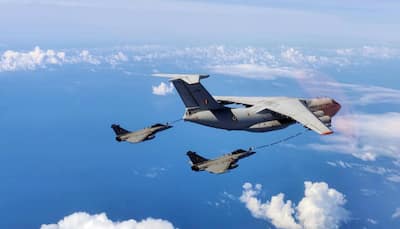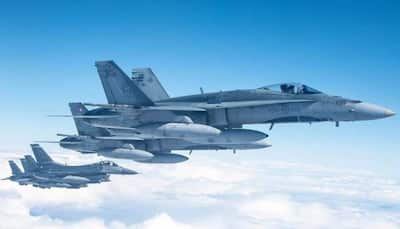With the Middle East in crisis and tensions growing, we wanted to dive deep into just how we got here, what’s happening, and what it means for the future.
On March 20, Yemen’s Iran-backed Houthi militants fired a missile towards Israel, drawing the Middle East back into the international limelight. The Israeli military shot down the missile, but the incident highlights the region’s increasing volatility. This attack, under the realities of increased hostilities, poses serious questions over international security, war, and problems about geopolitical stability.
As that situation unfolds, the world watches closely, with one question at the center: Is this the beginning of a wider regional war? What are the global ramifications of this war unfolding? This article explores the details of the attack, the why behind it and what comes next.
The Attack: What Happened?
Israel’s military said on March 20 it intercepted a missile that originated in Yemen, in a move that would follow a string of hostile activity carried out by the Iran-linked Houthi group. Sirens sounded in Israeli cities including Tel Aviv and Jerusalem, and defense systems attempted to intercept the threat. Although no major injuries were reported, the attack represents a new stage in the fighting.Houthis’ Justification: Just a Retaliatory Strike?
A Houthi military spokesperson called Yahya Sarea said in a statement that the group was responsible for the attack. He declared: “A qualitative military operation was carried out by the Yemeni Armed Forces at Ben Gurion Airport in the occupied Jaffa region with a Palestine 2 hypersonic ballistic missile. This operation achieved its goal, thank be to Allah,” said the video statement. He further stated: “For the fifth day in a row, our armed forces continue to carry out a sustainable and responsible response to the American aggression against the land of faith and wisdom, Yemen.” Sarea also pointed out that the Houthis have been targeting the enemy warships in the Red Sea, including the U.S. aircraft carrier USS Harry Truman, with ballistic and cruise missiles and drones. These strikes, according to the Houthis, are retaliation for U.S. and Israeli roles in military activity in the area.International Reactions: Global Concerns
Reactions to the new attack from around the world have highlighted growing concerns about increasing tensions in the Middle East. The situation poses an uphill battle on several fronts:- Israel’s Perspective: Israel has continued to stand against Houthi aggression. Although the missile was intercepted, Israeli defense forces are still on alert for further attacks over the next few days.
- Role of the United States: The United States has been carrying out airstrikes against Houthi military installations, arguing that the militant activity was becoming increasingly threatening to international stability. Despite this, the Houthis are not deterred and promise to continue with their attacks.
- Iran’s Impairment: The role of Iran in supporting the Houthis is another complicating factor. As a major regional power with interests on multiple fronts, Iran’s role in the conflict could dictate how long and how intense this comes to be a war.
- UN and Global Powers: The United Nations is urging restraint, warning continued escalation could lead to a full-blown war in the Middle East.
What’s Next? The Future of the Conflict
As the Houthis continue to dig in their heels as well as Israel putting itself in a defensive position, the future is not clear. Critical things that may decide the next stage of this conflict are: Further military actions: If Israel or the U.S. ramp up their strikes, the Houthis might intensify their attacks, escalating into a wider war. Standoffs Between action and reaction, between the West and the East you see the world leaning to her other side Do you hear the crack? Don’t you see? Diplomats led by Russia and China will likely try to mediate to ensure things don’t get worse. Regional Fallout: Other countries in the region, such as Saudi Arabia, with which the Houthis have fought before, might get deeper into the conflict.Global Economic and Security Implications
Amid rising tensions of war, the fallout goes beyond the battleground:- Oil Prices: The Middle East is a major oil-producing region, and continuing conflicts can disrupt oil supply and push prices higher worldwide.
- Stock markets: Investors globally are keeping a close eye for signs of market disruption; geopolitical unrest can lead to volatility.
- International Trade: The Red Sea, a vital trade route, could be disrupted if the conflict escalates, impacting global supply chains.
- Security Implications: With numerous countries participating, the risk of cyberattacks, proxy wars, and diplomatic conflicts rises.










